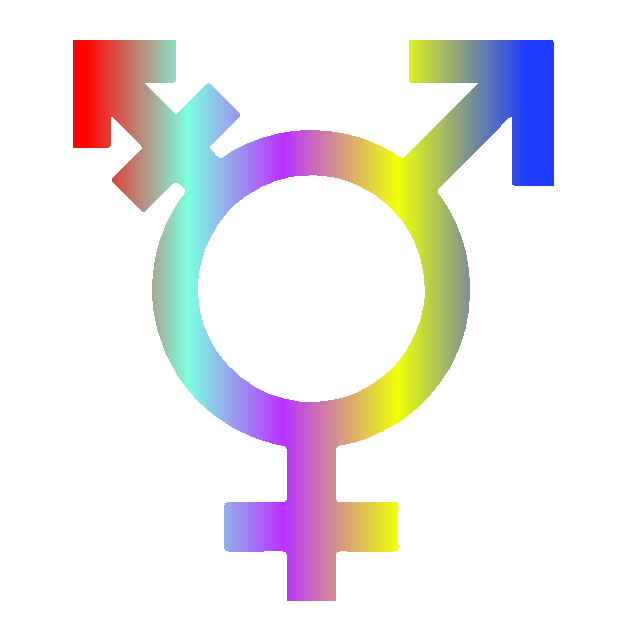Rakshak Adhikari
Staff Writer
The lack of a third-person singular pronoun for people in the English language has posed a problem to those who do not want to be referred to by gender-specific connotations.
According to Merriam-Webster, a third-person singular pronoun “thon” appeared in the dictionary from 1934 to 1961. It was dropped for lack of use.
The Associated Press Stylebook, a style and usage guide used by journalists working for or associated with the AP, includes a guide on the limited use of the word “they” as a singular pronoun.
“Unlike Chinese, which only has gender-neutral pronouns, English does not have a gender-neutral pronoun,” said Kyle Cooper, an English as a second language instructor. “Apart from its social aspects, this issue also has some linguistic implications; for example, we say someone lost his or her wallet and use him or her instead of using one pronoun.”
Cooper said that using the pronoun “they,” which is frequently used as a gender-neutral substitute for him and her, leads to confusion because “they” is a plural pronoun.
Commenting on the various attempts at creating gender-neutral pronouns, he said that prescribing words does not guarantee their widespread acceptance into the lexicon.
Language develops naturally, Cooper said, and while a pronoun might develop to fill the need in the near future, telling people what pronoun they can use and what they cannot is only going to create more divisiveness.
“I do not think there is a need for a gender-neutral pronoun because I believe that there are only two genders,” said Tabitha Logsdon, a sophomore art education major from Robertsdale. “We do not need to be confined to the norms prescribed to our gender, but that does not mean we need to have a new pronoun to represent that.”
“Socially, a gender-neutral pronoun is useful because it is tolerant of those subjectivities who do not want to restrict themselves to an ‘either/or’ given gender,” said Priya Menon, an associate professor of English.
“It is inclusive language. Using such a pronoun displays some amount of self-reflexive thoughts on issues and concerns related to gender, and we must be respectful of any idea that is striving to achieve inclusiveness.”
Menon said that language shapes our thoughts and forms who we are as a human community. She said a society that values language that is respectful, tolerant and inclusive will undoubtedly pave the way for a more peaceful and harmonious community.
According to Menon, the use of “they” can sometimes seem unskilled but it is so because it is in the beginning processes of being linguistically normalized.
“It could enter our everyday lexicon or be altered; only time can tell, which is also precisely the source of its fascination,” Menon said. “Language isn’t static, and this process of finding a gender-neutral pronoun that works could take a while, but the fact that there is demand for it is in itself an affirmation to its need.”



